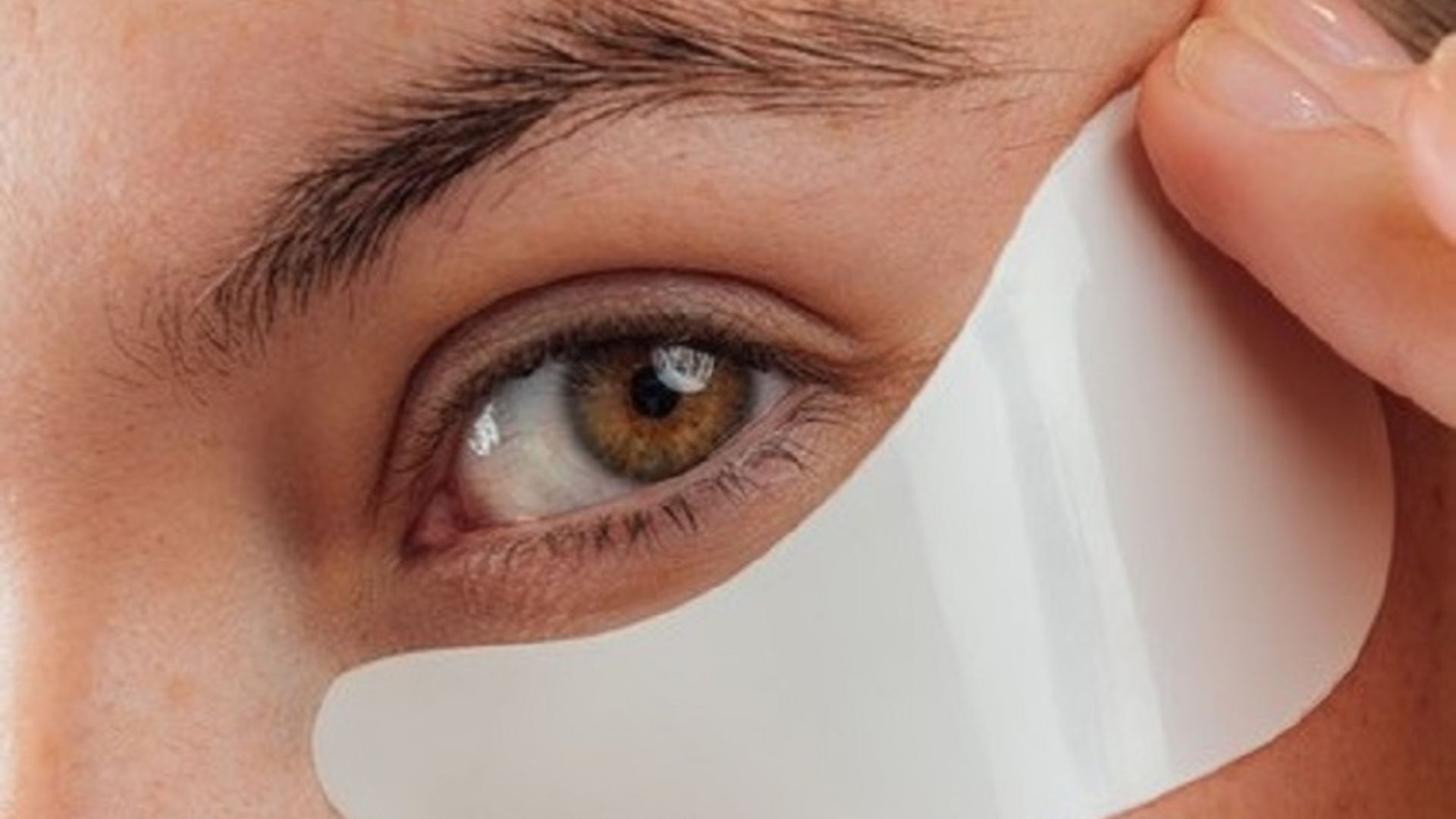CSIC has started 2024 with a new scientific breakthrough that looks set to usher in a new generation of cosmetics. The CSIC, with its knowledge-based company (EBC) or spin-off, Bioinicia, has jointly patented a technology that makes it possible to create cosmetic products composed entirely of bioactive ingredients with proven efficacy in in vivo tests.
This new technique consists of encapsulating the ingredients in ultra-fine, water-soluble fibres that are composed of cosmetic bioactives and which makes it possible to dispense with all the excipients, preservatives and additives of conventional cosmetics, while maximising the penetration and efficacy of the bioactive ingredients. The CSIC reports that the first products developed using this new technology could reach the market this year.
CSIC and Bioinicia have developed a new line of totally natural and vegan cosmetic products with this technology: "they are composed solely of bioactive ingredients, creating a new generation of cosmetics, pure cosmetics," explained Jose María Lagarón, CSIC researcher at the Institute of Agrochemistry and Food Technology (IATA) and founder of Bioinicia. This technology increases the penetration of active ingredients tenfold through fibres that are 100 times thinner than the thickness of a hair and which melt on contact with the skin.
"Its dual mechanism of action is the key. The ultra-fine fibres adhere and adapt perfectly to the skin's relief and deliver the active ingredients more homogeneously and effectively. In fact, we have measured that some bioactive ingredients penetrate up to 10 times more than in conventional liquid formulations," explained Lagarón, who pointed out that the active ingredients maintain their efficacy intact as they are protected within these ultra-fine fibres.
The new technology is also more sustainable than others, as it does away with all the excipients, preservatives and additives that structure and stabilise conventional cosmetics. It reduces the consumption and unnecessary transport of raw materials and substances with no skin-conserving properties and eliminates water from the product as a natural resource that normally makes up 60-95% of conventional cosmetics.
